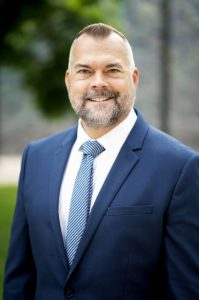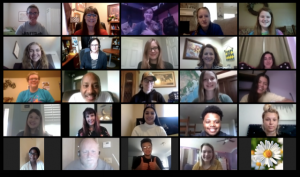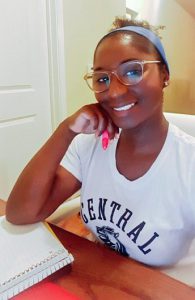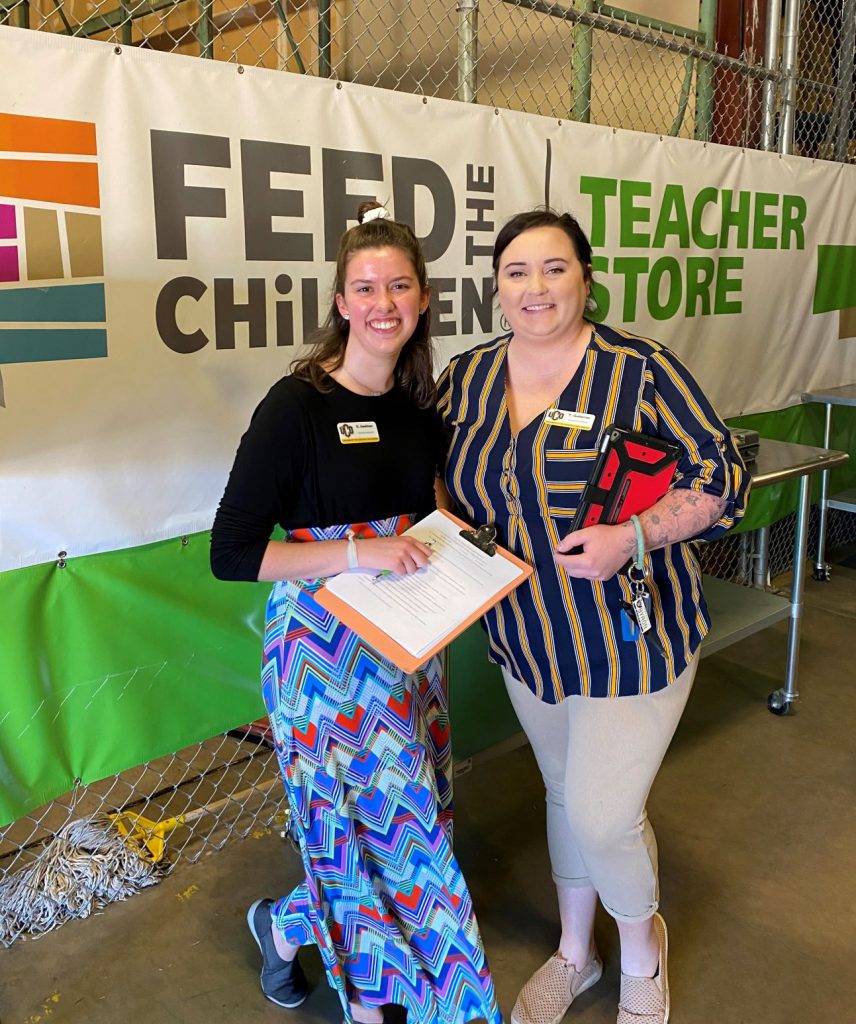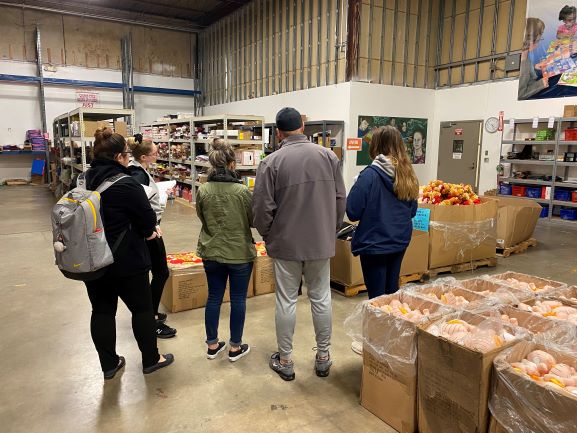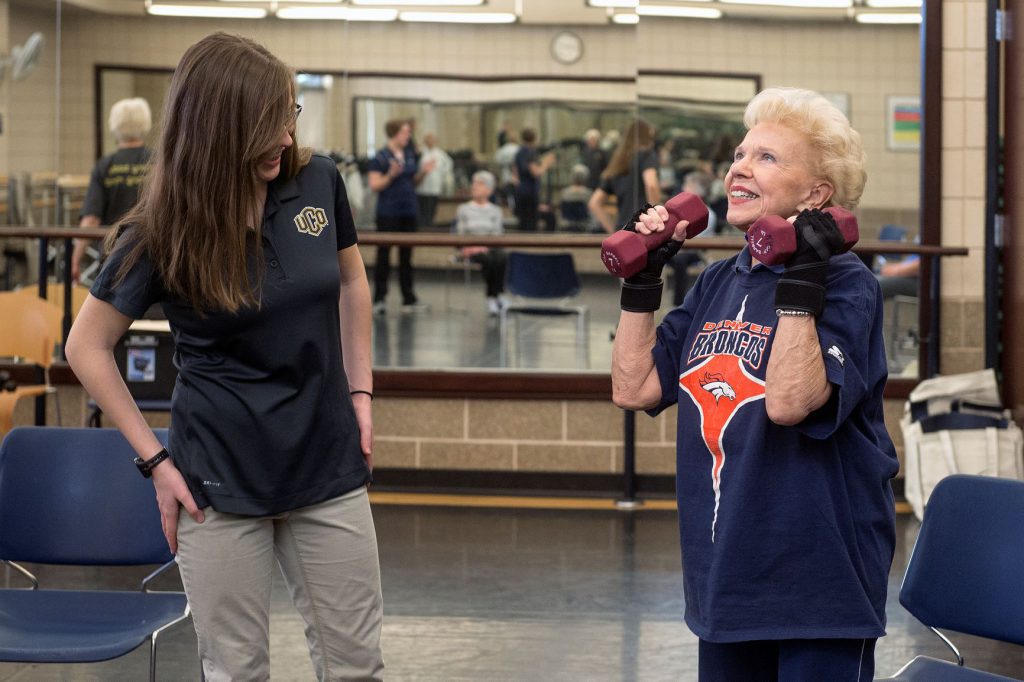It is with great pleasure that we announce the appointment of Dr. Duke as the dean of the College of Education and Professional Studies. Dr. Duke has been serving as the interim dean since August 2021 and has now been named to the role officially. We would like to take this opportunity to shed light on his remarkable journey and the exceptional qualities he brings to his new position.
Dr. Duke has been associated with our college for over two decades, holding various key positions. Prior to his interim dean role, he served as the associate dean from 2019 to 2021, and in both of these roles he provided support for programs in education and in the professional studies areas. He served as the assistant dean and director of Education Preparation from 2012 to 2019. Additionally, he worked as chairperson of the Department of Educational Sciences, Foundations, and Research.
Throughout his tenure at our institution, Dr. Duke has consistently showcased dedication and expertise in the field of education. He has been recognized with numerous accolades, including the prestigious 2006 College Vanderford Teaching Award and the 2009 Young Educator Award from the OU Jeannine Rainbolt College of Education. His contributions were further acknowledged with honors such as the 2016 DaVinci Fellow and the 2016 UCO Modeling the Way award. Notably, Dr. Duke also received the 2018 Jane M. Morse service award and the 2019 and 2022 Distinguished Service Award from the Oklahoma Association of Colleges for Teacher Education (OACTE).
Dr. Duke’s impact extends beyond our college, as he is widely regarded as a leader in Oklahoma and nationwide for his unwavering commitment to enhancing teacher preparation. With a 30-year background as an educator, encompassing roles as both a teacher and assistant principal in Moore Public Schools, he has held influential positions such as the executive board chair for the Urban Teacher Preparation Academy, president of OACTE, and governing board member for the Regional Educational Laboratory Southwest (REL SW). Additionally, he has served on the board of trustees for the nonprofit organization Pivot: A Turning Point for Youth, as the Southern Region representative for the Advisory Council of State Representatives (ACSR) with the American Association of Colleges for Teacher Education (AACTE), and as an accreditation councilor for the national Council for the Accreditation of Educator Preparation (CAEP).
Dr. Duke’s dedication to research and his profound understanding of educational initiatives are evident through his involvement with the Oklahoma A+ Schools. He has co-authored numerous reports and contributed to a significant longitudinal study examining the impact of this creative statewide school initiative.
Notably, Dr. Duke is an alumnus of our university, having earned a bachelor’s degree in English education and a master’s degree in secondary administration from Central. He further pursued his academic journey, obtaining a doctorate in instructional psychology and technology from the University of Oklahoma.
As the new dean, Dr. Duke brings a wealth of knowledge, experience, and a genuine spirit of collaboration to his position. He is committed to representing and serving education and professional studies programs. He has earned the respect and admiration of the Central community and external stakeholders alike, owing to his passionate support for students, faculty and staff and commitment to their success.
The college is thrilled to have Dr. Duke as the new dean, and there is every confidence that with his leadership we will continue to make significant strides.
